KCB Foundation and the German Development Corporation are joining forces to increase the employability and income generation of 3500 Kenyan youth in the construction sector.
The partnership puts together KES 300 million to provide technical and vocational skills training for the next three years. The funds will also support the provision of construction toolkits to 700 youth, to enable them to establish business enterprises in the construction sector.
The partnership has been extended under the Employment and Skills for Development in Africa (E4D) programme commissioned by the German Federal Ministry for Economic Cooperation and Development (BMZ) and implemented by GIZ, and KCB Foundation’s 2jiajiri Programme, that seeks to create self-employment and establish enterprises among unskilled and semi-skilled youth in Kenya.
Speaking at the signing of the agreement, KCB Group CEO and Managing Director, Joshua Oigara, noted that the partnership is aligned with KCB’s shared value approach that champions for businesses to solve societal challenges, anchoring the foundation programmes.
“The shock to the economy caused by the Covid-19 pandemic has negatively affected small businesses setting back the country’s job creation efforts for the youth. We are looking at sustainable solutions to remedy the situation, as such this project will upskill the youth in the construction sector, which has demonstrated significant job creation potential based on industry trends”. added Mr. Oigara.
READ>>>>>Hackers Issue Illegal Approvals After Breaching NMS System
The programme will target a total of 60% male and 40% female, with a bias towards unskilled individuals previously working in the construction sector. The youth will be trained in masonry & brickwork, carpentry & joinery, plumbing & pipe work, electrical installation and welding & metalwork.
GIZ’s E4D Kenya team leader, Mr. Thomas Jaeschke, noted that this partnership seeks to promote employment, with a focus on enhancing training in courses based on demand-driven technical skills.
“We achieve this through an integrated approach that includes upskilling to make small and medium-sized businesses more competitive, so they can meet the growing demand for supplies and services in the market. Ultimately, our goal is to generate more decent and sustainable employment in East Africa.” He added.
The 2017 National Construction Authority (NCA) survey noted that there is a skills gap in the industry, with the issue being attributed to skills shortages, access to finance and inadequate availability of construction equipment such as cranes, concrete mixers and concrete pumps.
Previously, the 2jiajiri programme in partnership with E4D programme trained a total of 4,000 youth across seven counties from 2017-2019, in the subsectors of construction and agriculture. 580 youth from the construction cohort received toolkits from Bosch, under the partnership.
Launched in 2016, 2jiajiri focuses on growing youth micro-businesses in the informal sector and bring them to a place where they can employ at least 5 other young people with an aim of creating 250,000 jobs over five years.
As of 2020, the programme had skilled 36,706 youth across in the country in five trade areas, specifically; 19,080 in agribusiness, 9,910 in building and construction, 2,083 in automotive engineering 3,430 in beauty and personal care, 1,638 in domestic services and 515 in ICT.

![Construction workers at a site. The partnership by KCB Foundation and German Development Corporation (GDC) puts together KES 300 million to provide technical and vocational skills training for the next three years. [Photo/ National Construction Authority]](https://businesstoday.co.ke/wp-content/uploads/2021/06/industrialize.jpg)
![Vehicles on Nairobi's Kenyatta Avenue. The NCBA Economic Outlook report notes that vaccination remains a major policy imperative in achieving strong, sustainable, and inclusive economic growth. [Photos/ Discover Walks]](https://businesstoday.co.ke/wp-content/uploads/2021/06/kenyatta_avenue-1024x768-1-150x150.jpg)
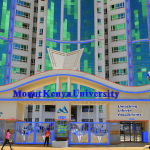





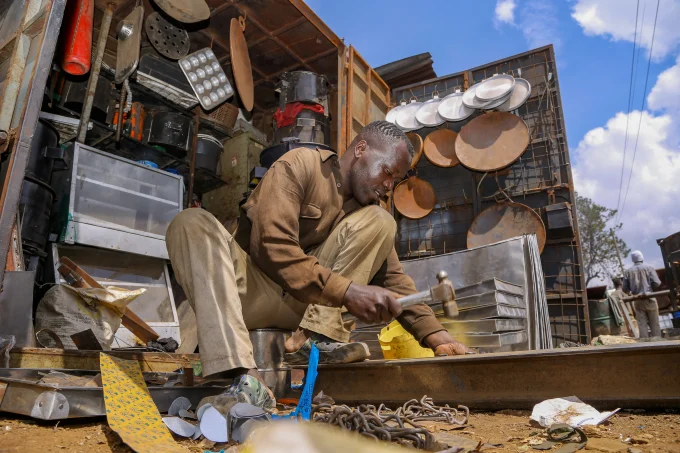
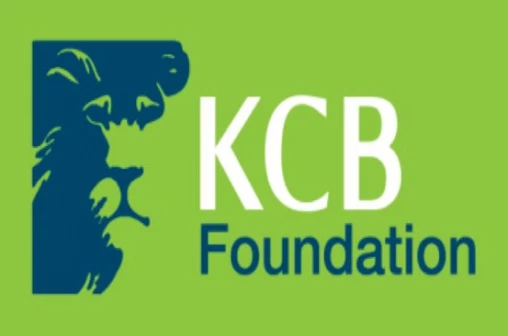
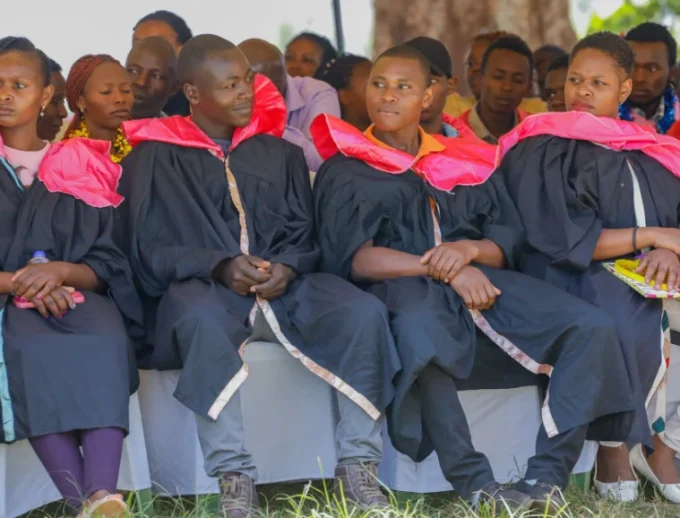
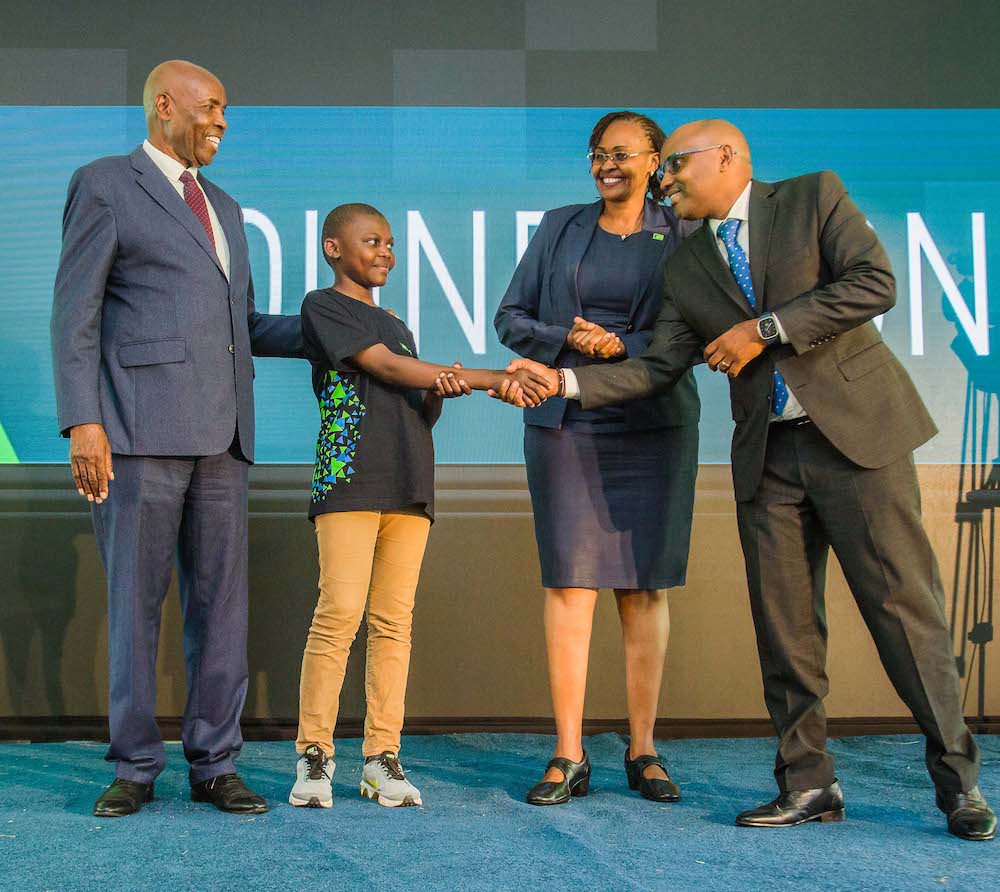
Leave a comment